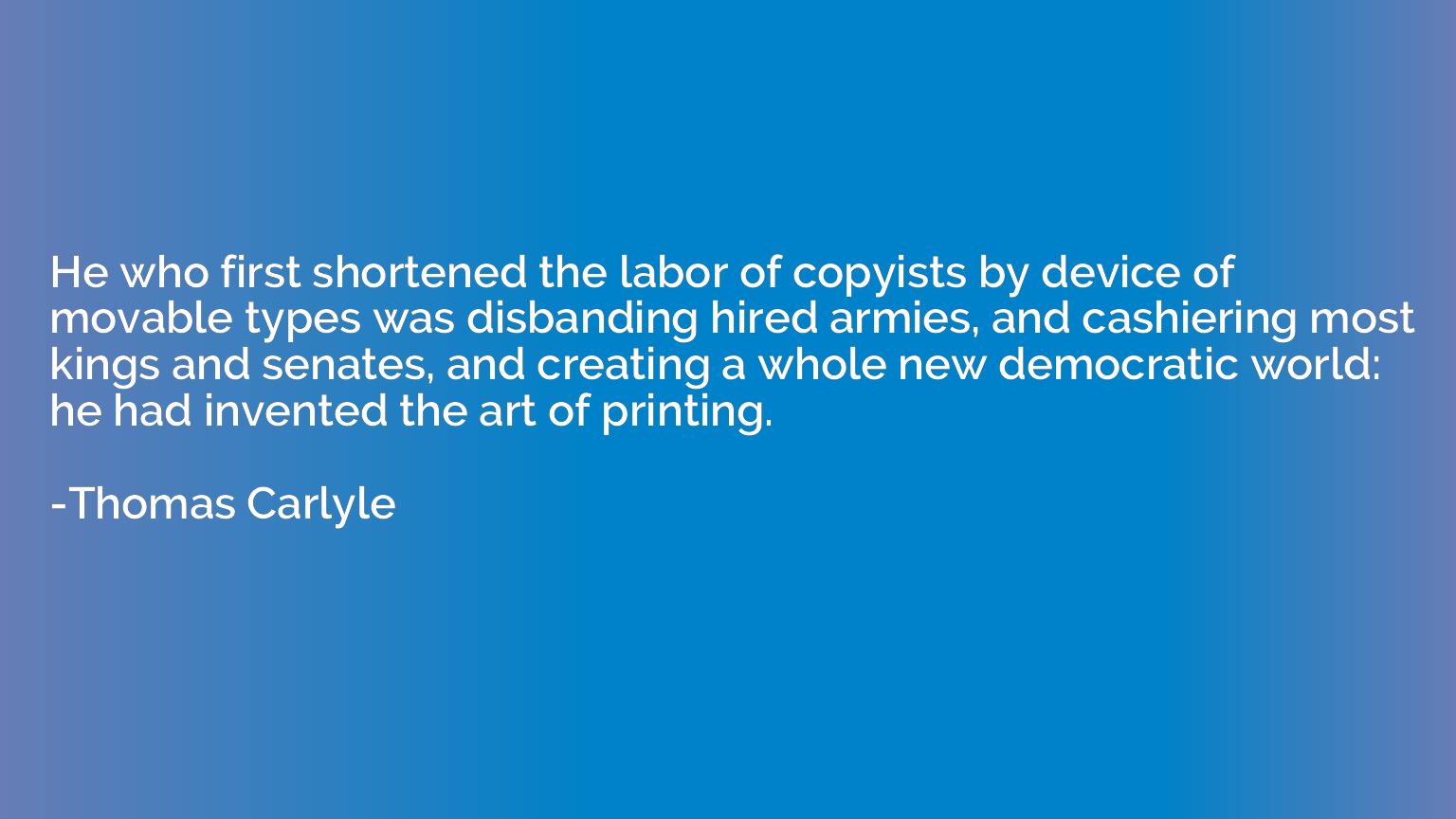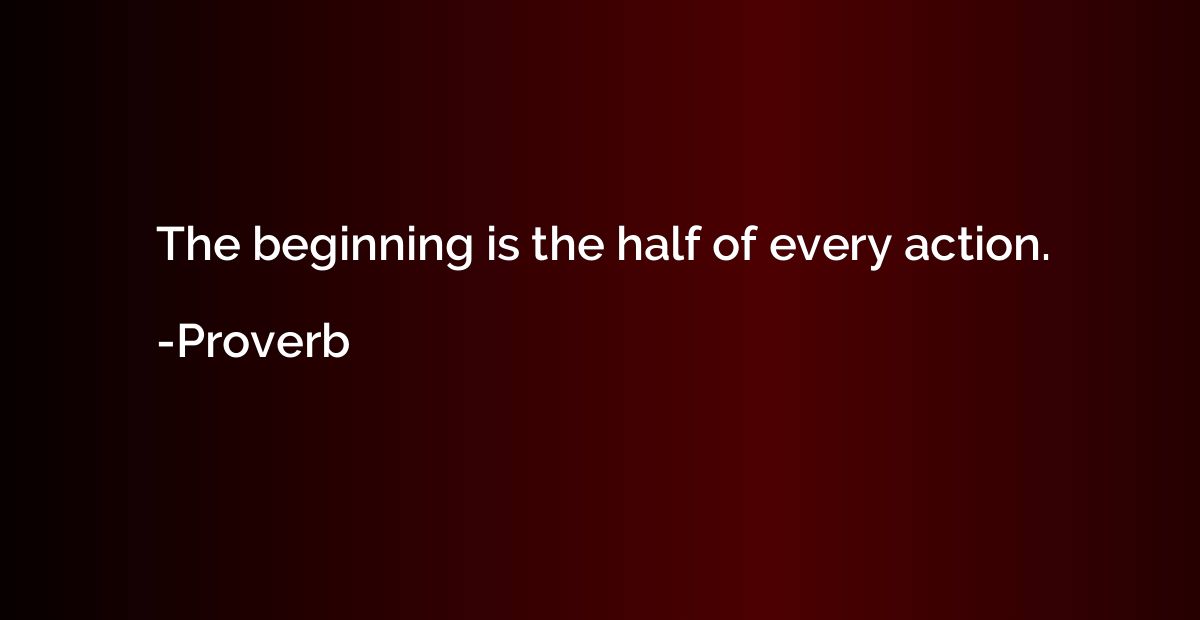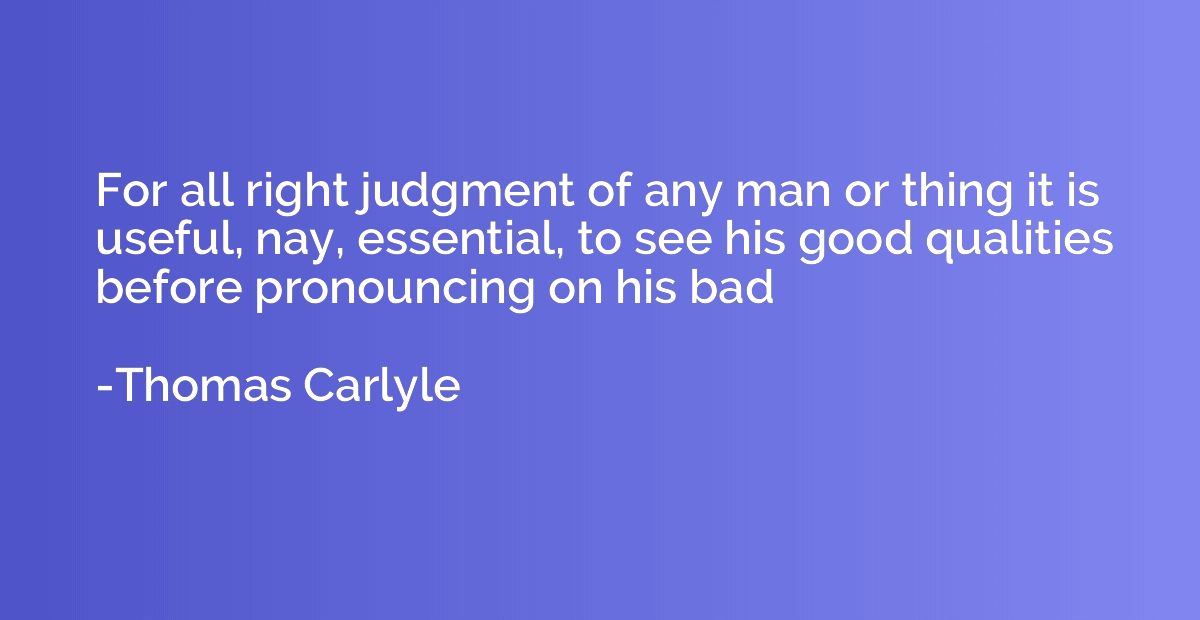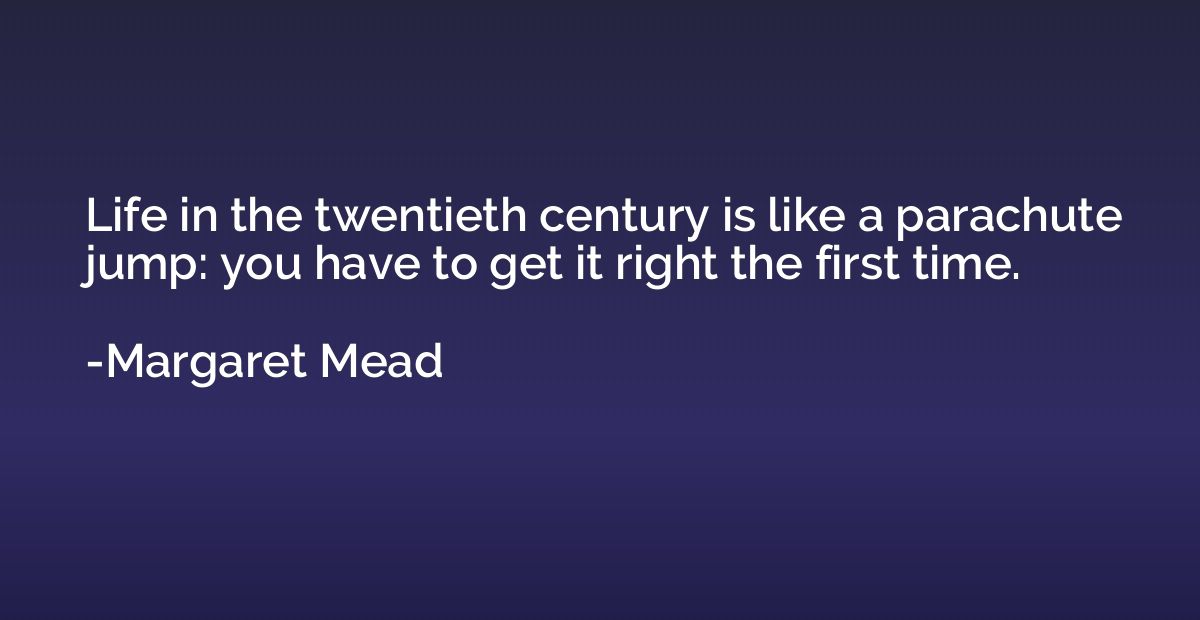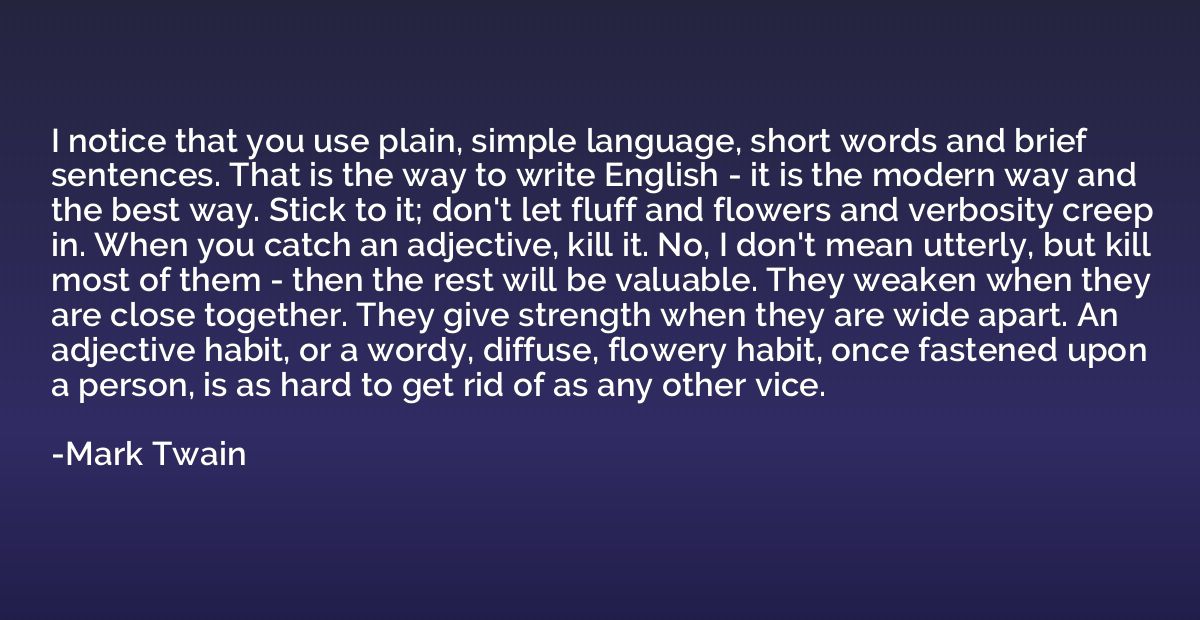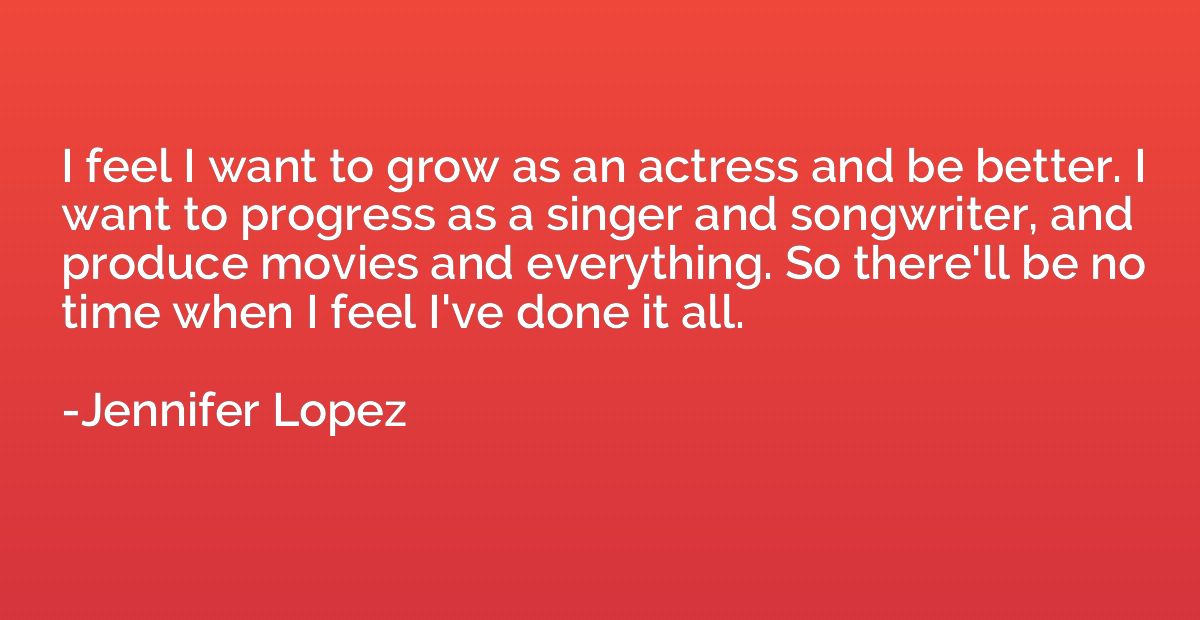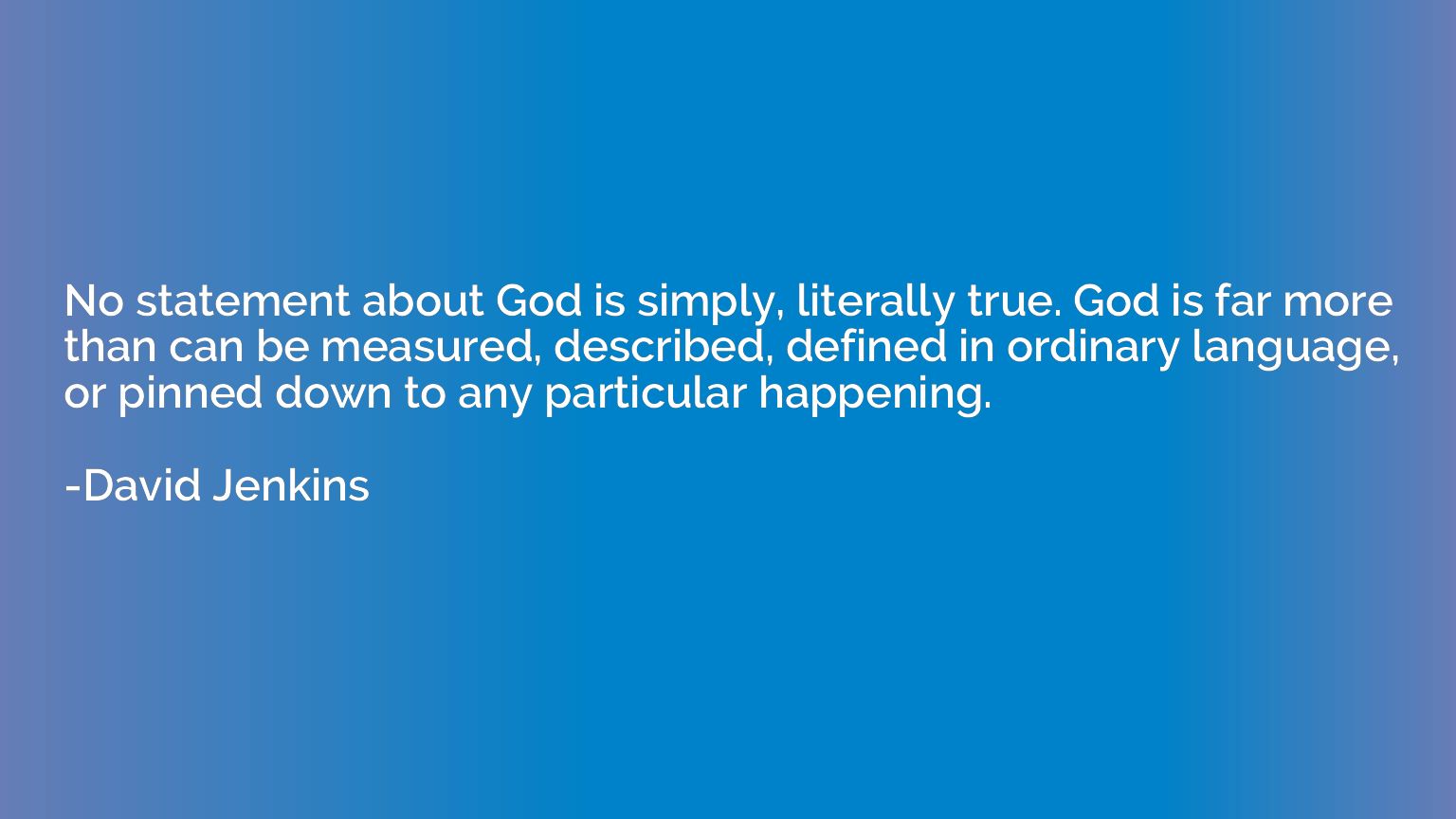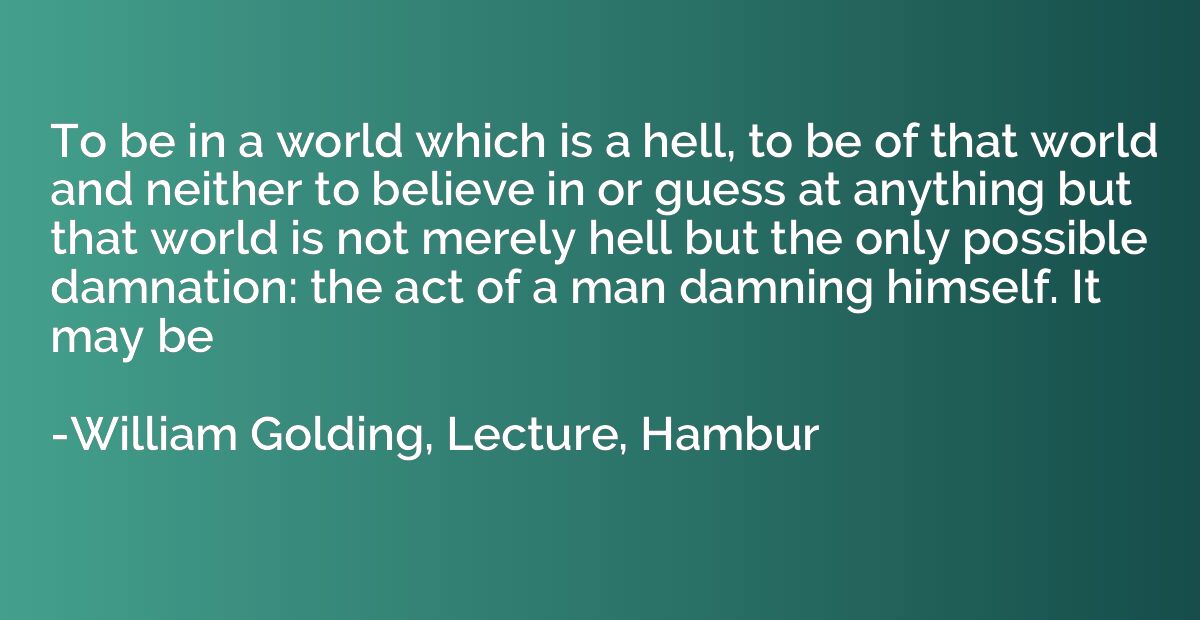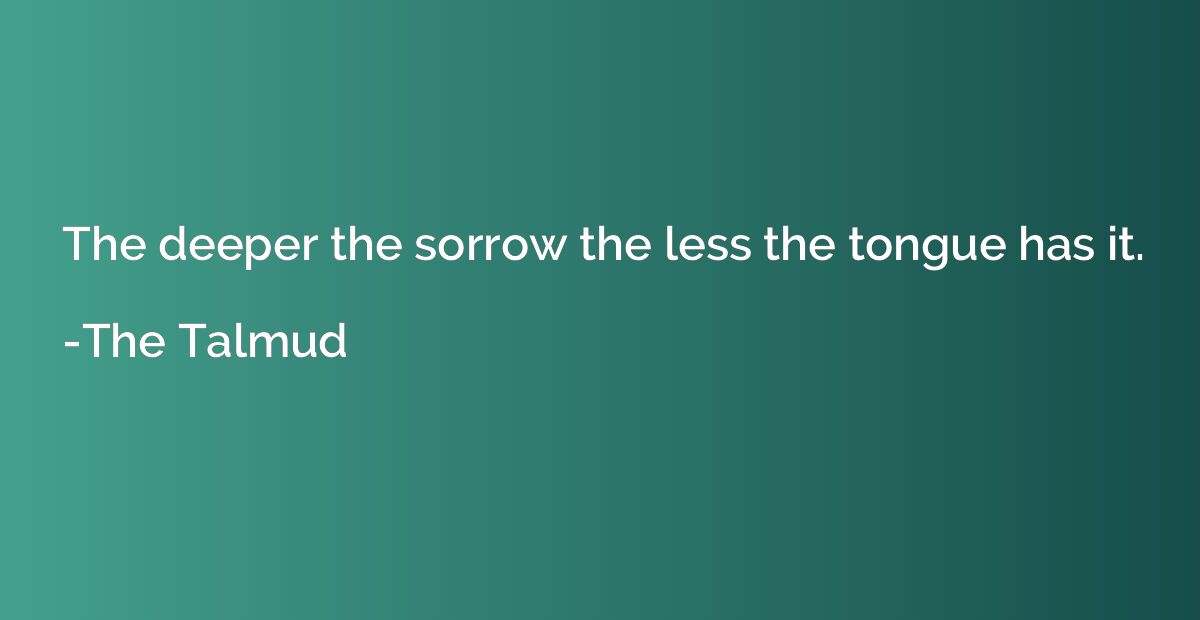Quote by Joseph Smith, Jr.
Although I do wrong, I do not the wrongs that I am charged with doing the wrong that I do is through the frailty of human nature, like other men. No man lives without fault.
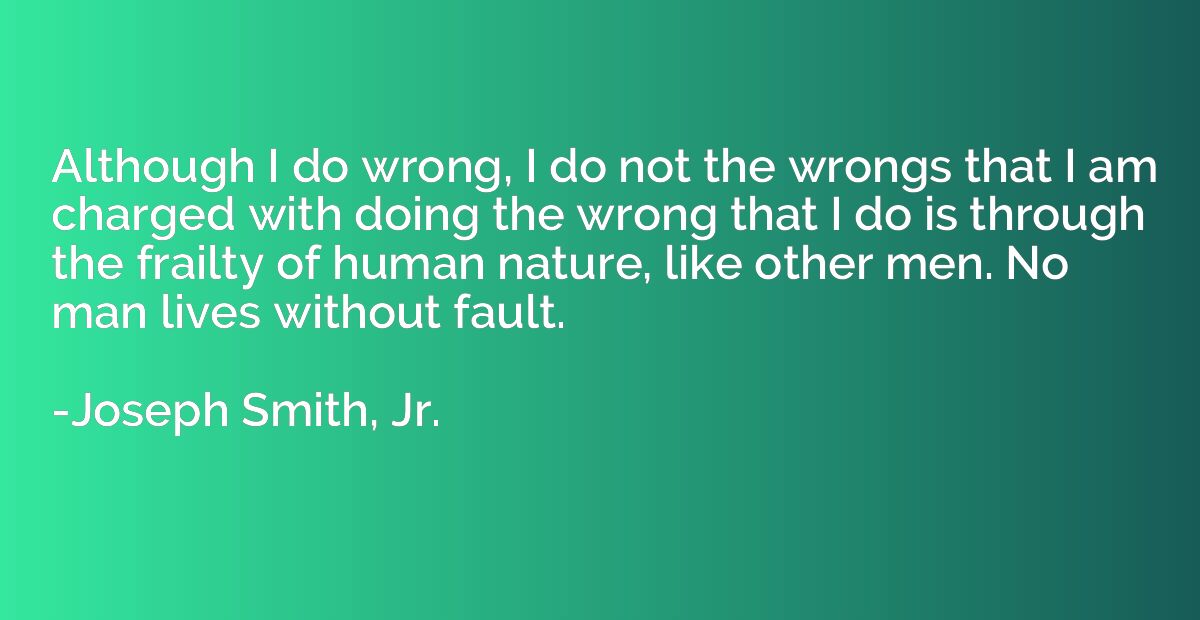
Summary
In this quote, the speaker acknowledges that they sometimes make mistakes and do wrong things. However, they argue that the specific wrongs they are accused of are not intentional. They attribute their wrongdoing to the inherent weakness and fallibility of human nature, emphasizing that everyone is prone to faults and nobody is perfect. By highlighting the universal nature of making errors, the quote suggests that judgment and condemnation is unjust without considering the broader context of human imperfection.



